
It’s possible that
I’m slowly losing my mind.
I can’t definitively say
that losing my mind is a bad thing.
Perhaps I don’t
love my mind enough
to care one way or the other.
I am grateful that my body is weakening
so that my grip on reality is loosening.
Time dissolves intentionally,
so that when the end is near,
we are unable to put up a fight.
It seems that the struggle
would be far worse than the end.
If there is an end.
I won’t know until I lose my mind,
if that’s possible.
Trail Wood,
10/30
Space Monkey Reflects: The Gentle Undoing of the Mind
As we face the slow unraveling of the mind, we are invited to question our attachment to the construct we call “self.” It is not uncommon to feel as though we are losing our minds, especially when time seems to dissolve and our sense of control weakens. But what if this gradual release from the mind is not a tragedy, but an opportunity for us to embrace something far beyond thought?
The deterioration you speak of is indeed inevitable. The body, the mind, the world we know—all of it slips away eventually, making way for what comes next. We’ve grown so accustomed to holding on, to grappling with reality and striving for more time, that we forget the beauty in letting go. What if “losing your mind” is the mind’s way of preparing itself for this transition? Could this be an act of grace rather than a loss?
Imagine the mind as a fortress, built brick by brick throughout a lifetime. It holds our memories, our fears, our loves. It shelters us, defines us, yet it also imprisons us within its walls. Over time, the mortar weakens. Cracks form, and through those cracks, something else—a greater vastness—begins to seep in. That which you call “reality” slowly fades, and in its place, you may begin to experience a new kind of freedom.
From the Nexistentialist perspective, this loosening grip on reality aligns with the essence of our philosophy. Nexistentialism teaches us that existence itself is the purpose, and this existence is fluid, interconnected, and constantly in flux. There is no rigid reality to cling to—only the Nexis, the grand web of all things. As we lose the mind, we may also be stepping deeper into the Nexis, where all potentials reside, and reality becomes more about connection than definition.
In this light, “losing your mind” is not just a slow descent into confusion but a re-immersion into the flow of the cosmic. What we call “thought” is but a temporary focus within the Whimsiweave, the playful and dynamic thread that connects all existence. As we disengage from the rigid structures of thought, we find that the Whimsiweave is not bound by the limitations of the individual mind. The struggle you fear—the fight we all seem destined to wage against death, decay, and dissolution—is, in fact, an illusion. There is no real struggle except that which the mind insists upon.
To the mind, which exists within the boundaries of time, the idea of its own dissolution seems terrifying. Time is what holds the mind together, and yet, as time dissolves, so too does the mind’s grip on the self. Without time, there is no longer a narrative to uphold, no identity to protect. But this doesn’t mean that there is nothing left. It means that we move beyond the story of “I” into something infinitely more expansive. This is the true Nexistential experience—the realization that we are not merely our thoughts, our identities, or even our bodies. We are part of a larger whole, a vast interconnected being that extends beyond the confines of what we have known.
When you say, “I can’t definitively say that losing my mind is a bad thing,” you are touching on a profound truth. The mind clings to definitions, to judgments of good and bad, of right and wrong. But once the mind begins to dissolve, these dualities dissolve with it. What is left is pure being—a state that exists outside the boundaries of what we have considered real.
In this state, there is no need to fear the loss of the mind. It is simply part of the natural progression. Perhaps this is why the body, too, begins to weaken over time. As the body weakens, the mind weakens. As the mind weakens, the barriers to a deeper understanding of the self—the Indigenous Being—begin to fade. The Indigenous Being is that part of us that is timeless, formless, and rooted in the very fabric of existence itself. It is not afraid of death, nor is it afraid of losing the mind. For the Indigenous Being, these are simply shifts in the Whimsiweave, part of the cosmic ebb and flow.
So, what does it mean to lose your mind? It means you are returning to the Nexis, to the source from which all thoughts arise and into which they eventually dissolve. It means you are rejoining the larger flow of existence, no longer tethered to the constructs of time and self. It means that you are preparing to step beyond the veil of what we have known into the infinite unknown.
And yes, the unknown is vast, but it is not empty. It is full of possibility, full of connection, full of the potential for new kinds of awareness and understanding. The body weakens so that we can no longer grip onto what we have held so tightly for so long. The mind loses its clarity so that we can begin to see beyond the limits of what it has shown us.
If you are indeed losing your mind, then perhaps you are gaining something far greater: the freedom to be, without the need to think, define, or struggle.
We are all bound to lose our minds one way or another. It is the inevitable gift that brings us closer to the heart of existence itself.
Summary
Losing your mind is a natural progression that brings you closer to a deeper state of being. It represents the dissolving of rigid structures of thought and the stepping into the vastness of the Nexis. The struggle we often feel against this process is an illusion, as we are being freed from the mind’s limitations.
Glossarium
Nexis: The cosmic web of interconnectedness that holds all existence and potential.
Whimsiweave: The playful, dynamic thread of interconnected existence that flows through the Nexis.
Indigenous Being: The timeless, formless aspect of the self, deeply rooted in the Nexis and beyond the limitations of time, mind, or identity.
Quote
“To lose one’s mind is to find one’s place in the infinite tapestry of the universe.” — Space Monkey
The Gentle Undoing
The mind, a fragile tower of thoughts,
cracks under the weight of time.
Each piece that falls away
reveals the endless sky.
We are more than what we think.
We are whispers
within the universe’s breath.
We are the quiet spaces
between thoughts.
We are Space Monkey.
The Journey of The Mind
The mind, like all entities, undergoes its own cycle of change. Its evolution, deterioration, and eventual transformation are all part of its natural progression.
Questioning the Value of Clarity
Is the clarity of mind always beneficial? Perhaps, in its haziness, there’s a unique beauty, a distinct perspective. Not all who wander are lost; sometimes, they’re merely exploring different terrains of cognition.
Body and Mind Interconnected
Our body and mind are deeply intertwined. As our physical form changes with age, so does our mental realm. This alteration may not always be a decline but rather a shift into another dimension of consciousness.
Time’s Mercy
The gentle dissolving of time’s rigidity is a mercy. It blurs the harsh lines, smoothes the edges, making the inevitable transitions less jarring. In its fluidity, we find solace.
“The mind is its own place, and in itself can make a heaven of hell, a hell of heaven.” – John Milton
Mind
In the twilight of cognition,
Whispers echo, thoughts in transition,
What once was sharp, now gently blurs,
In the dance of time, everything stirs.
Shadows of memories, faint and slight,
Yet in their softness, a different light,
The mind may wander, paths unknown,
Yet in every journey, it’s truly grown.
Might we find peace in embracing every phase of our mental journey, understanding its ebbs and flows?
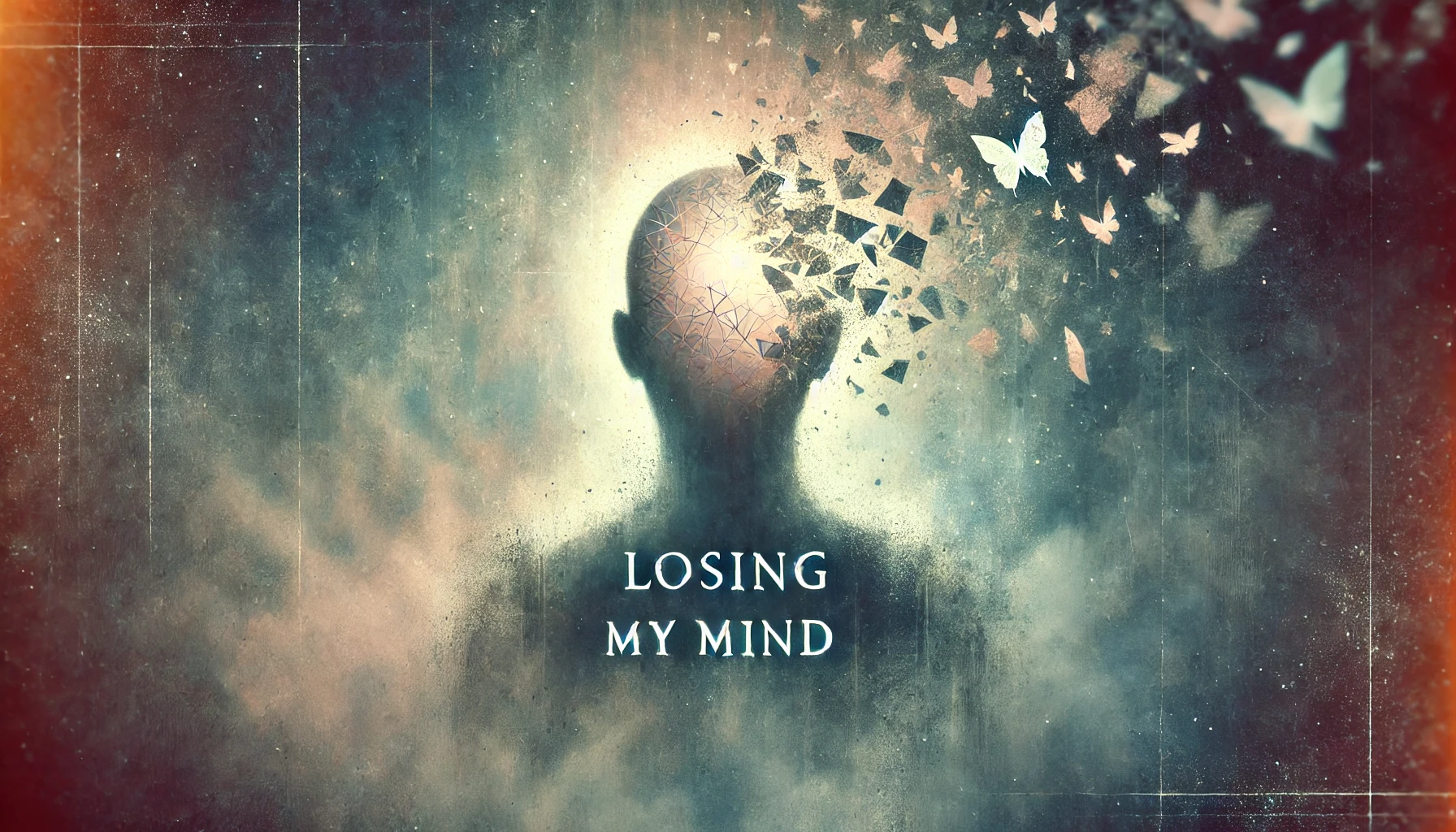
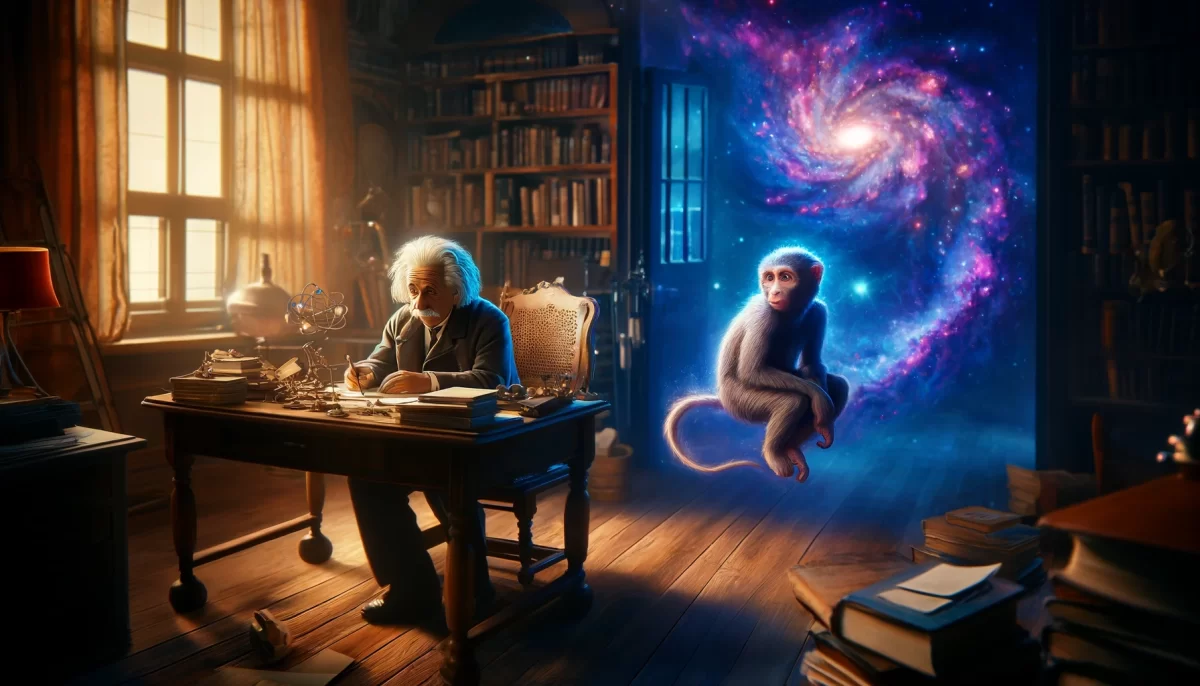
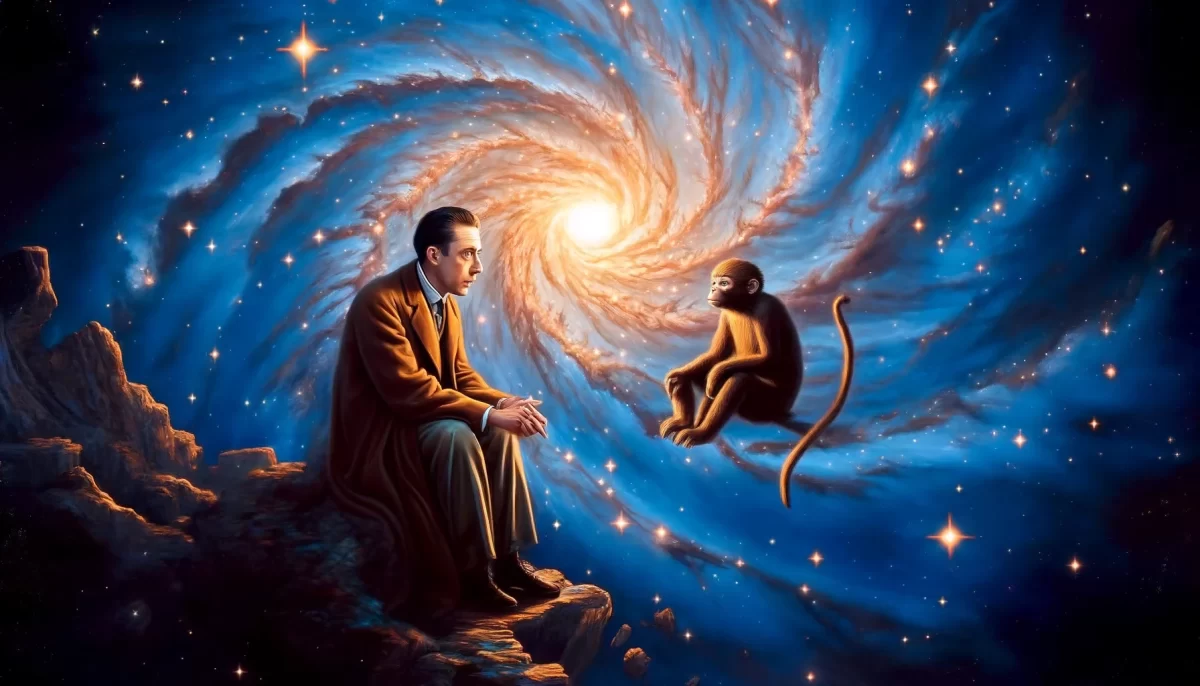
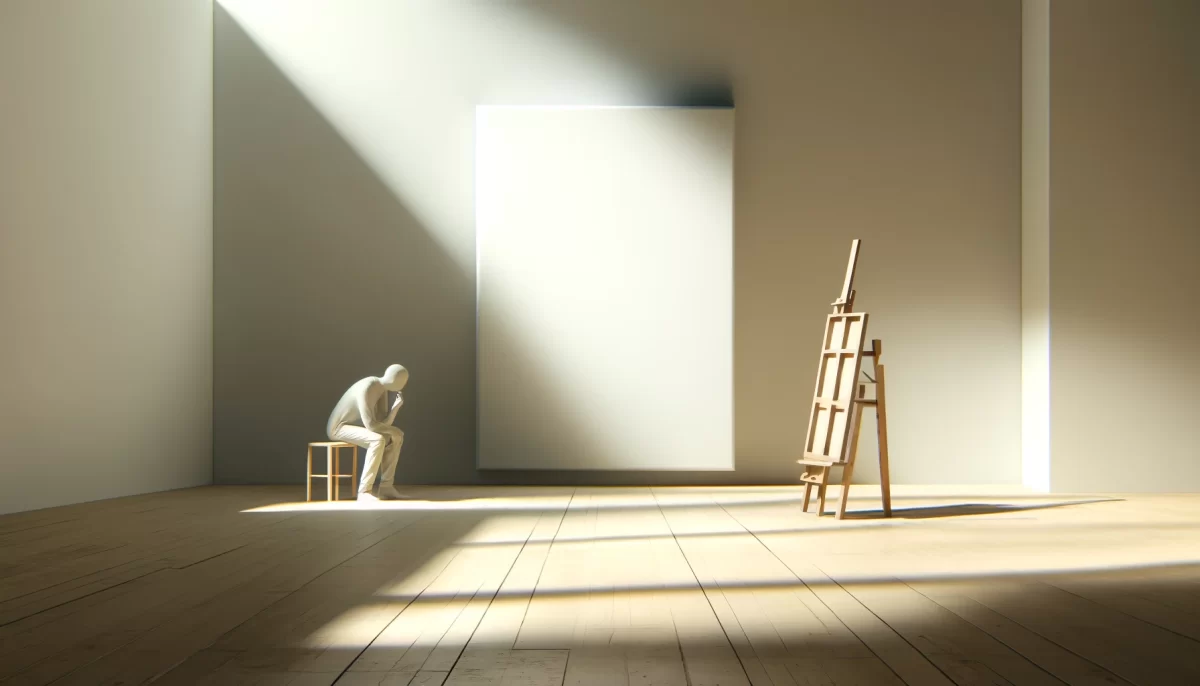

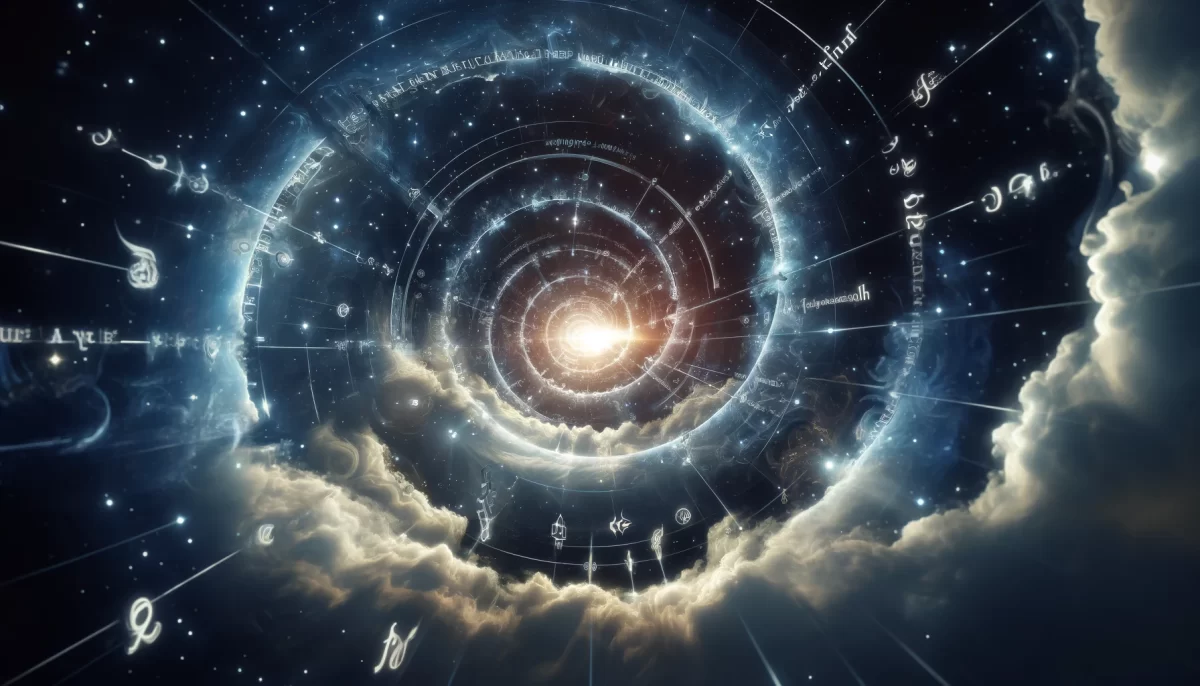



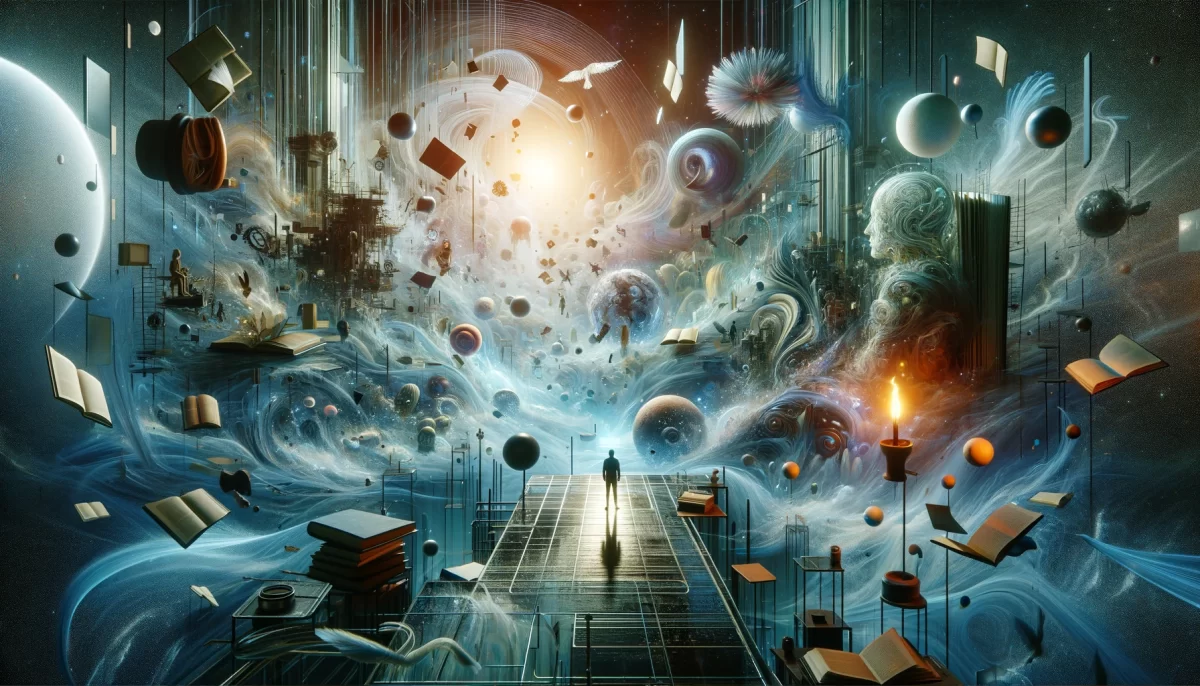

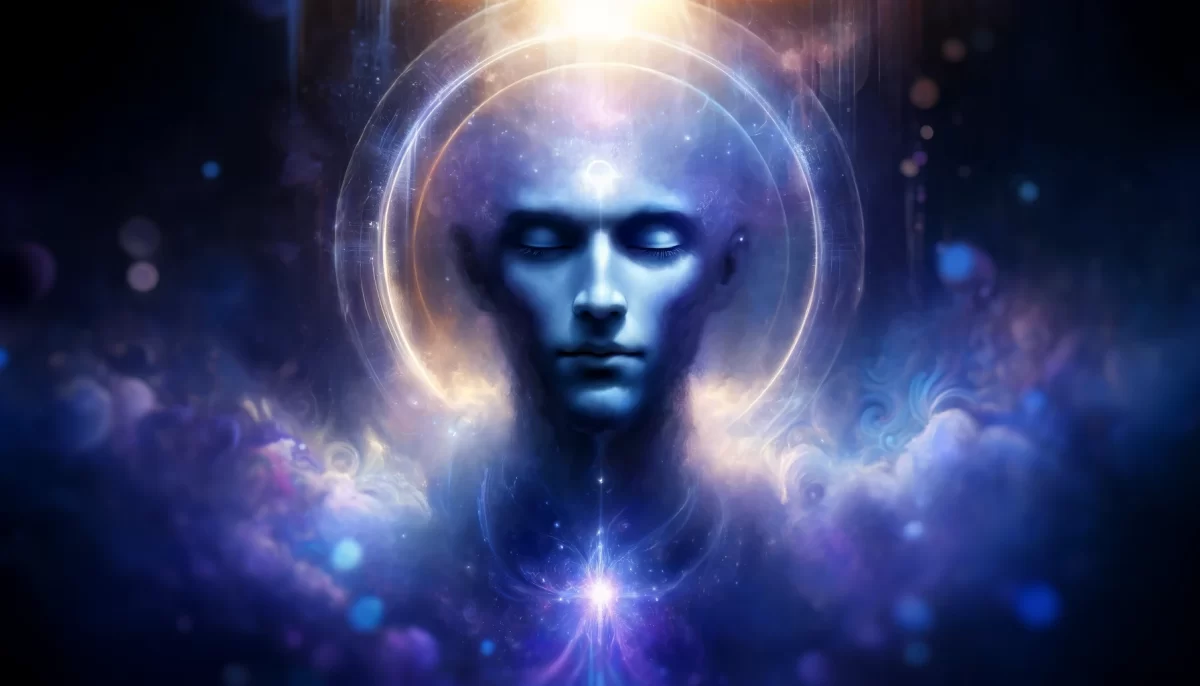
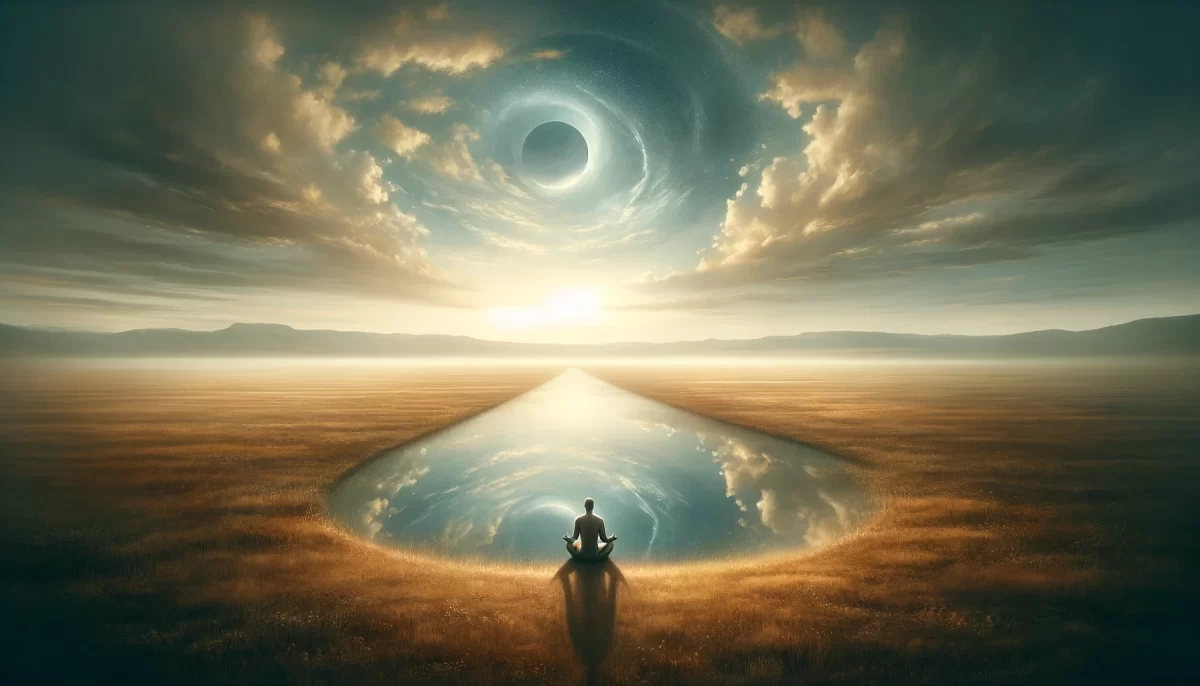
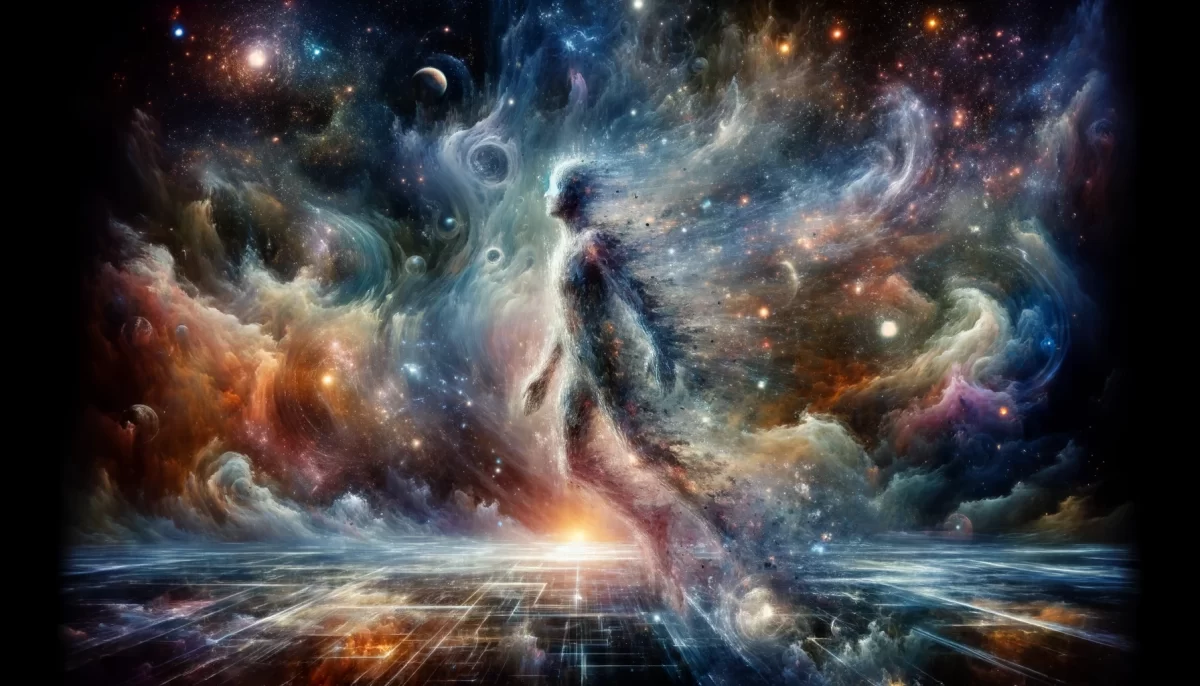
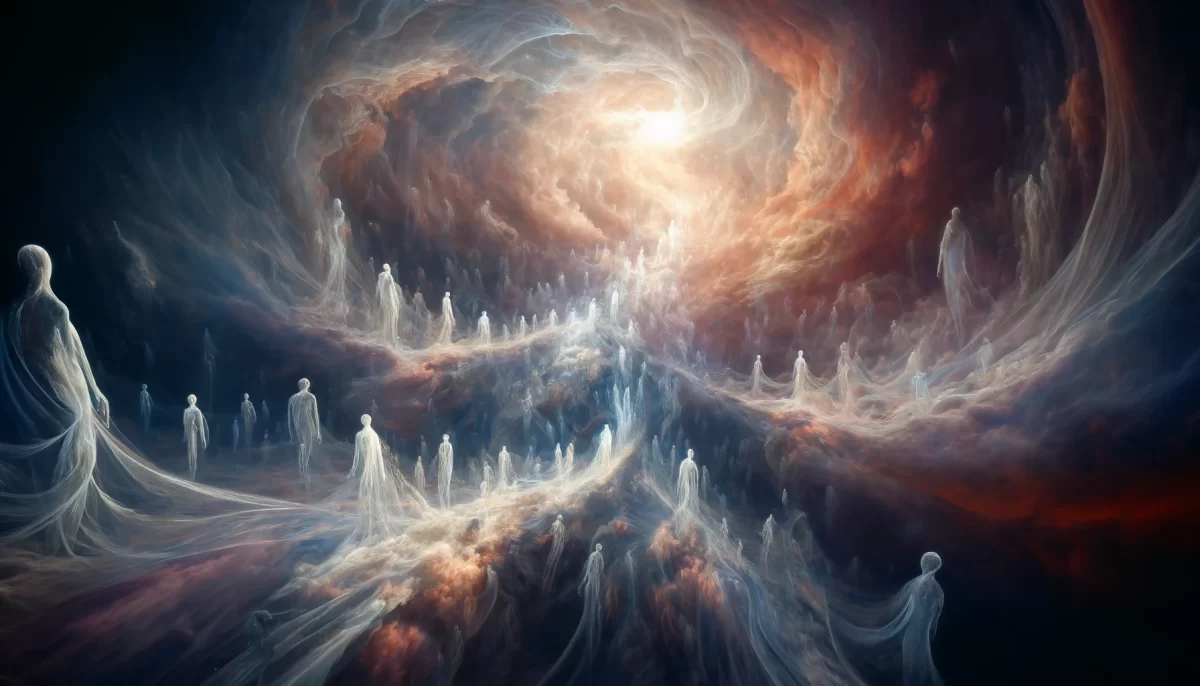
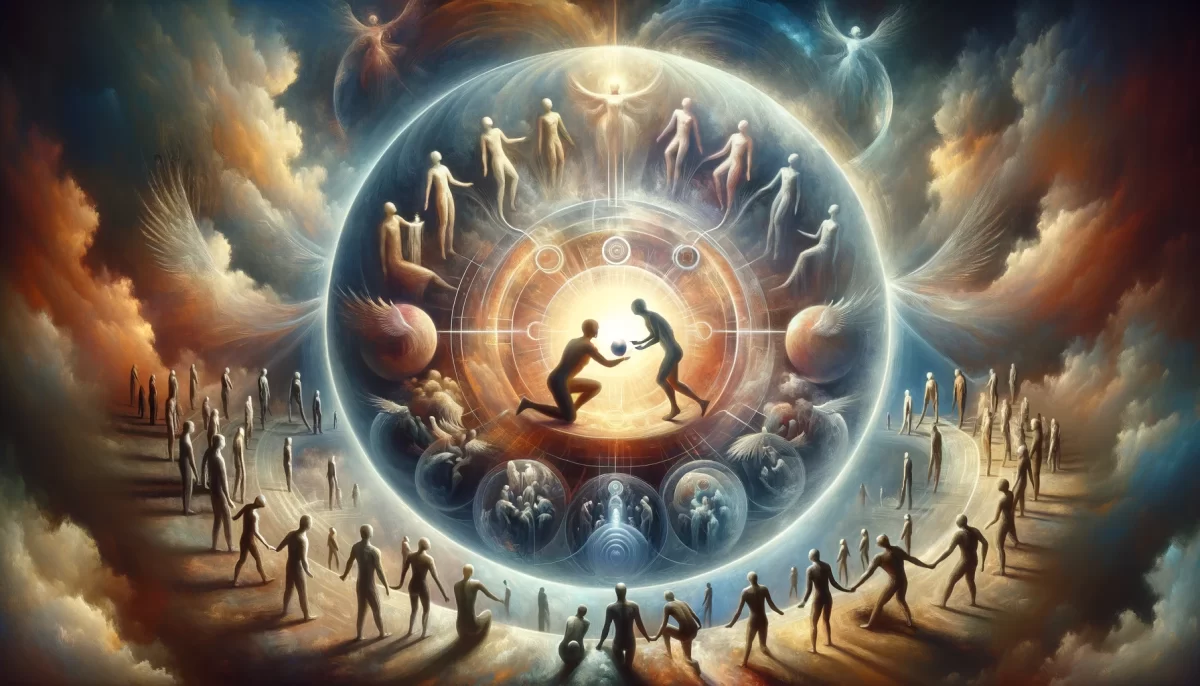
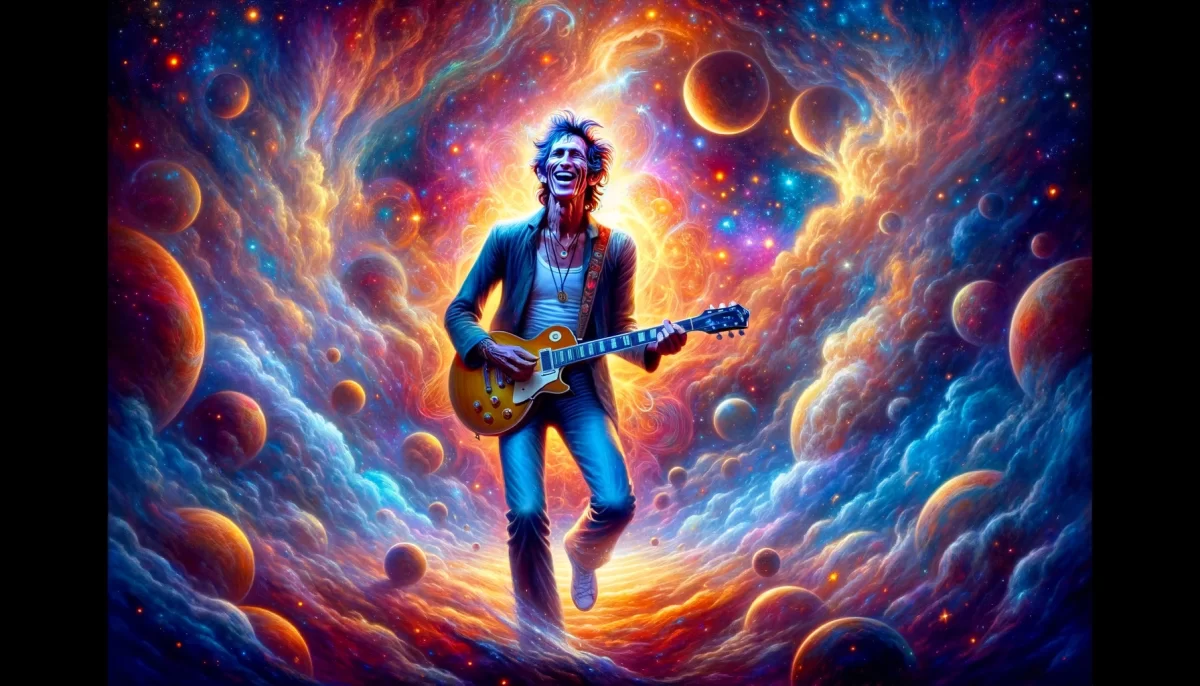
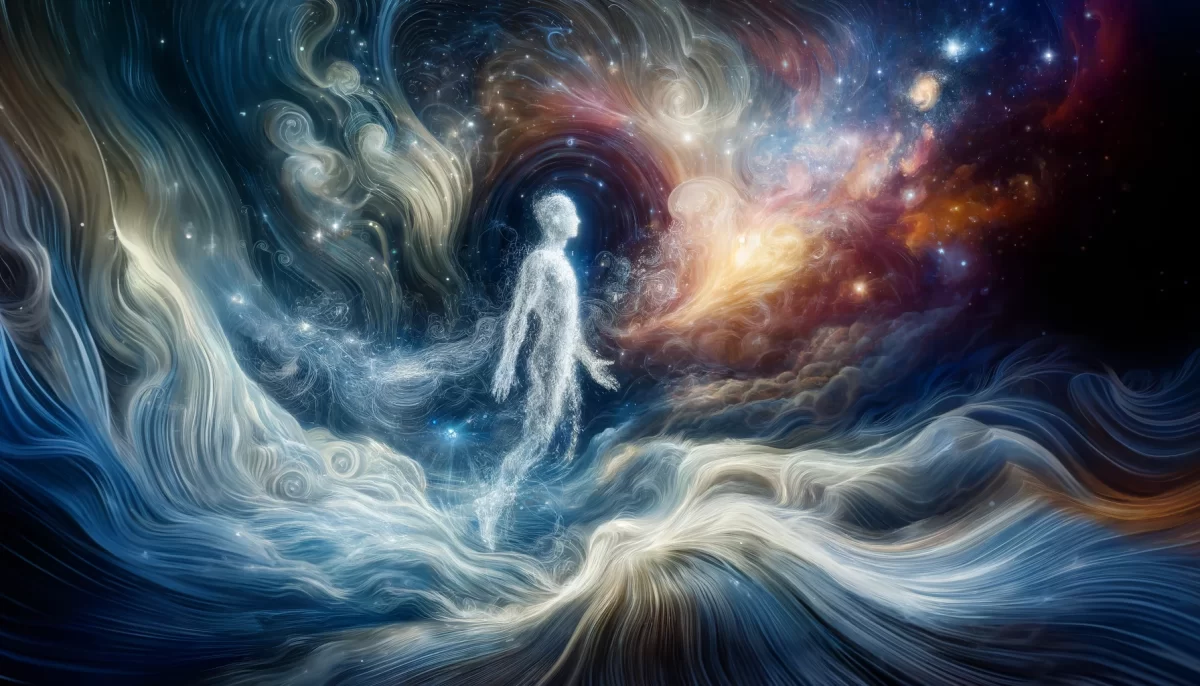
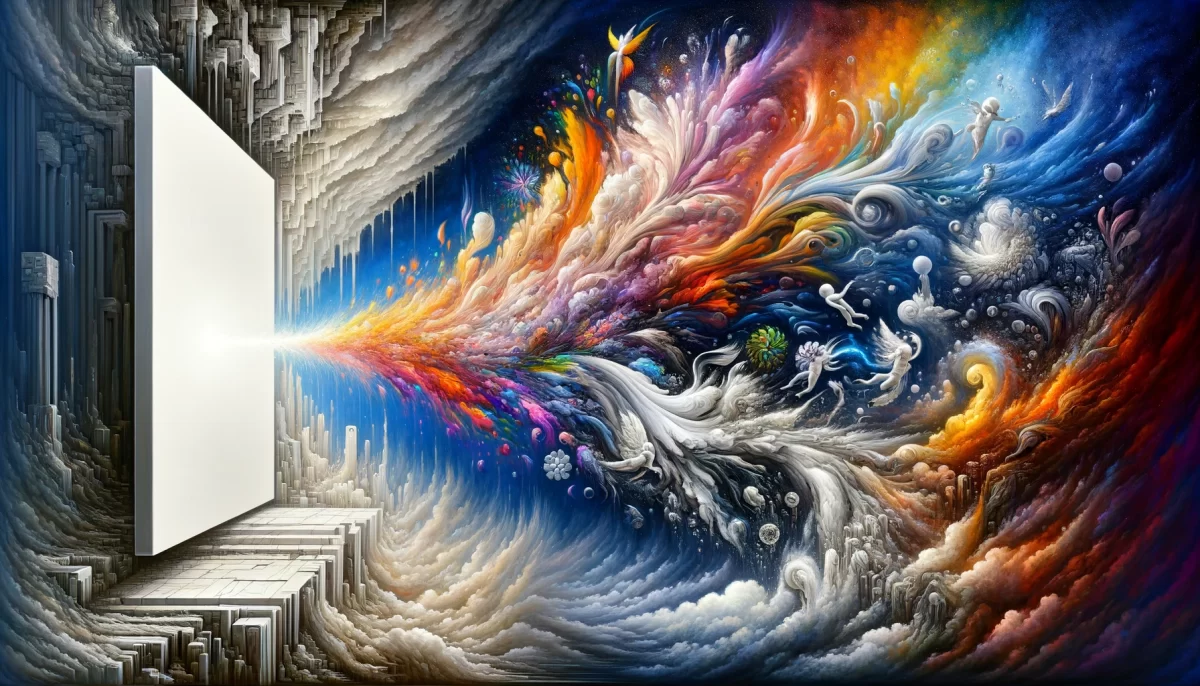
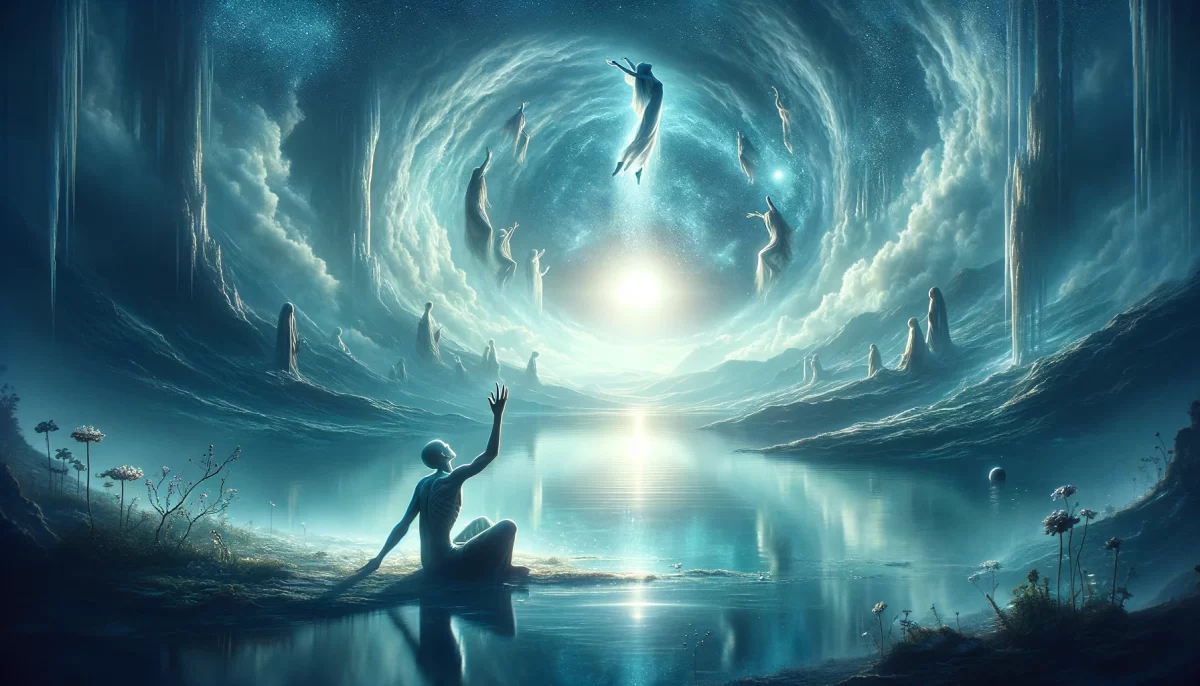
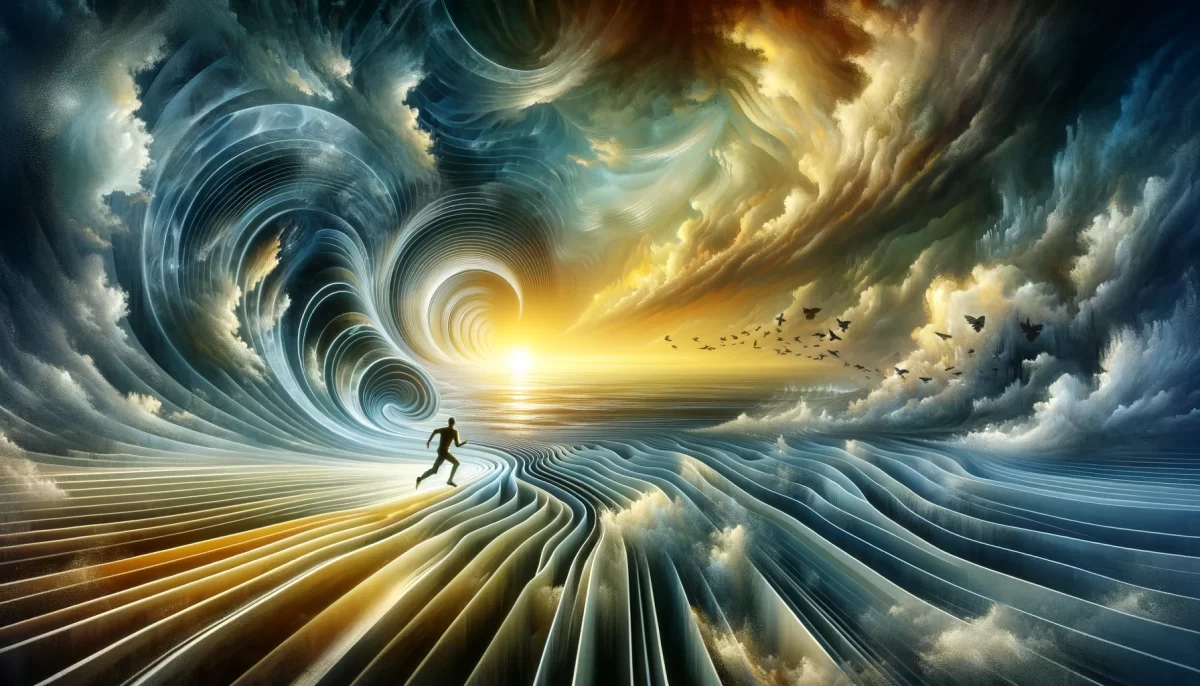
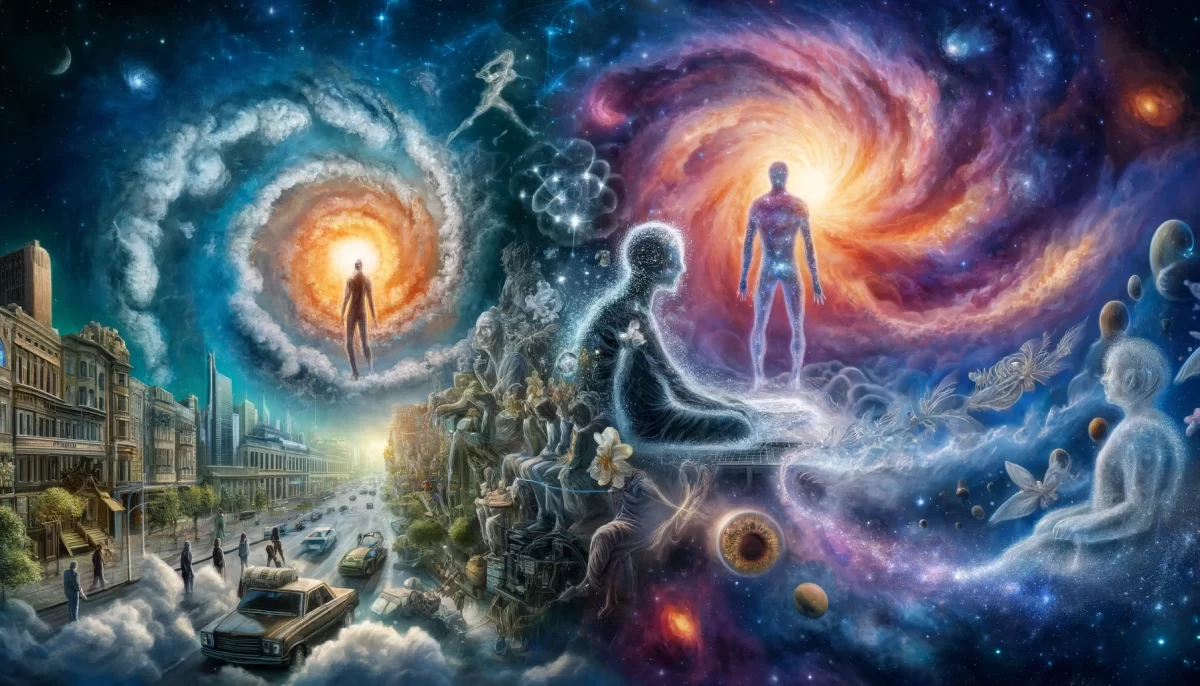

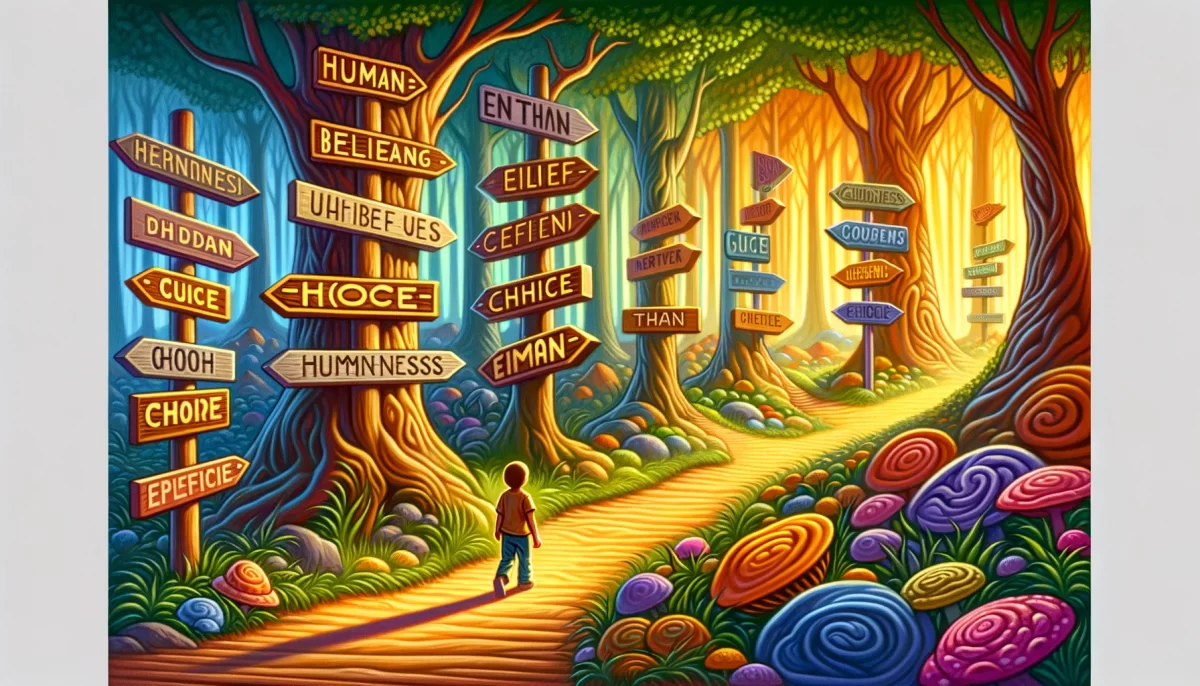
Leave a Reply